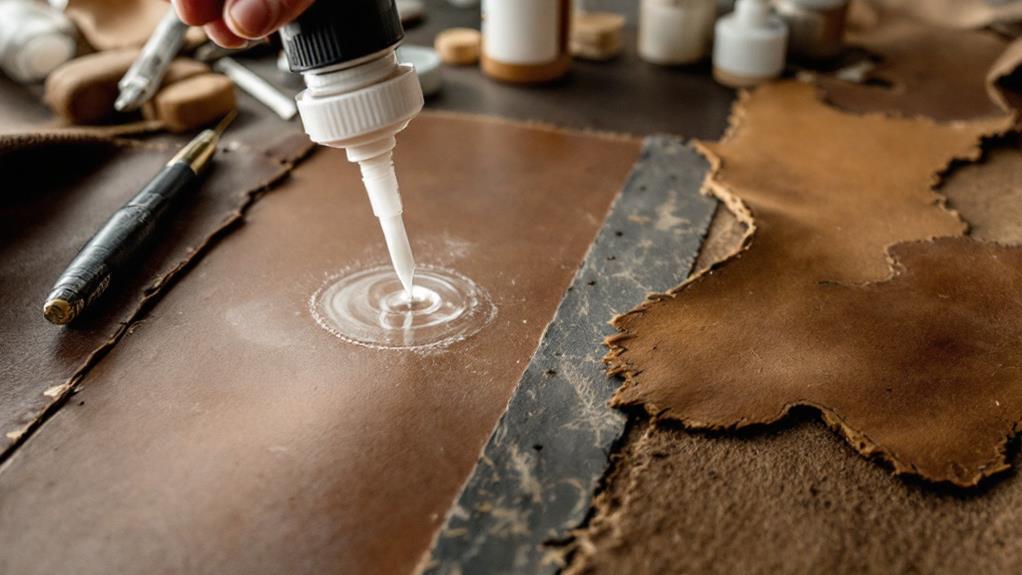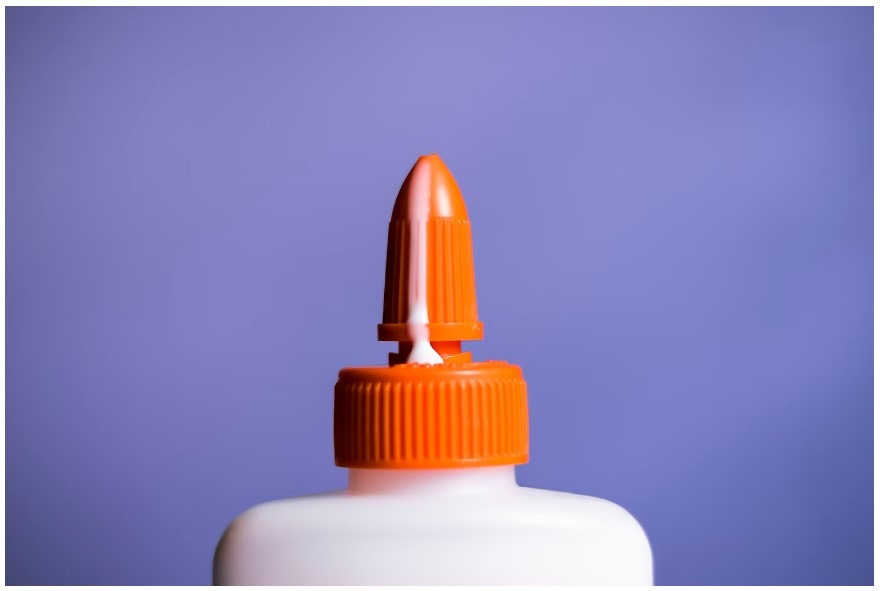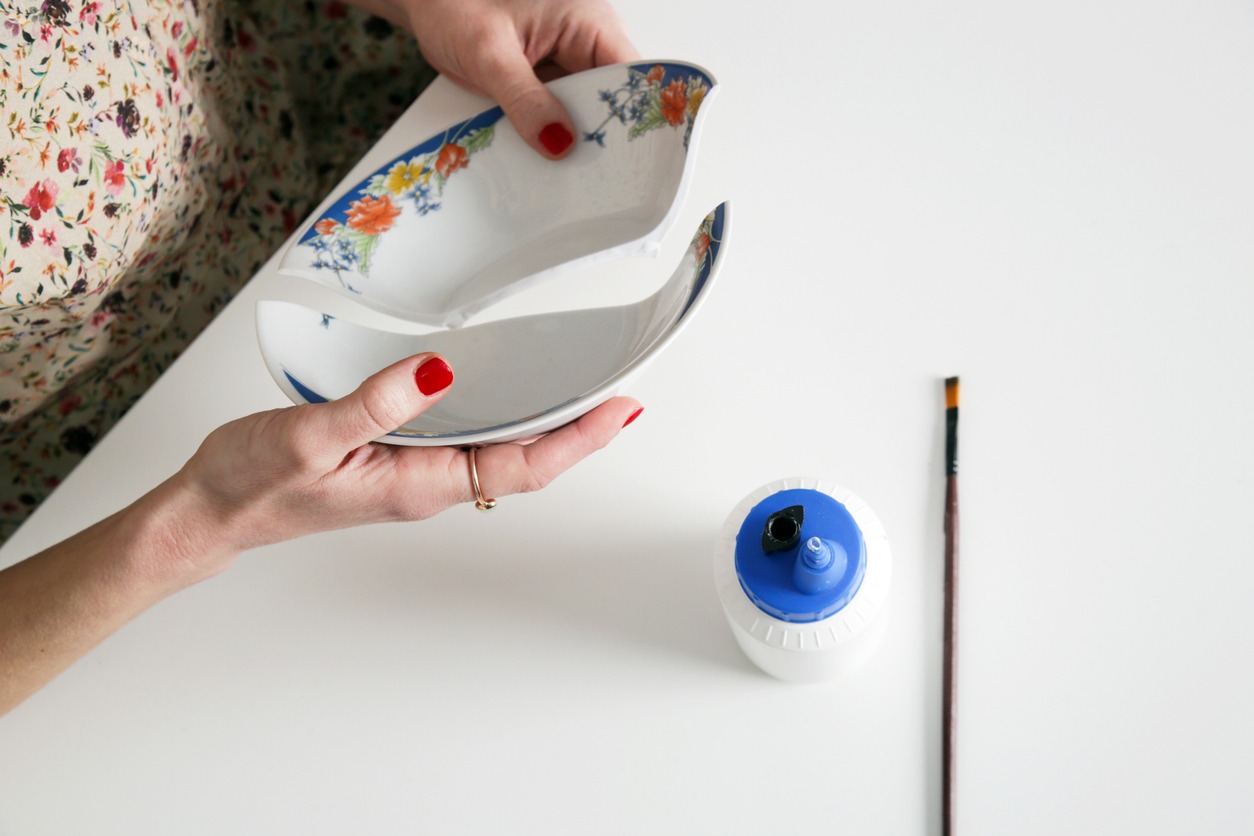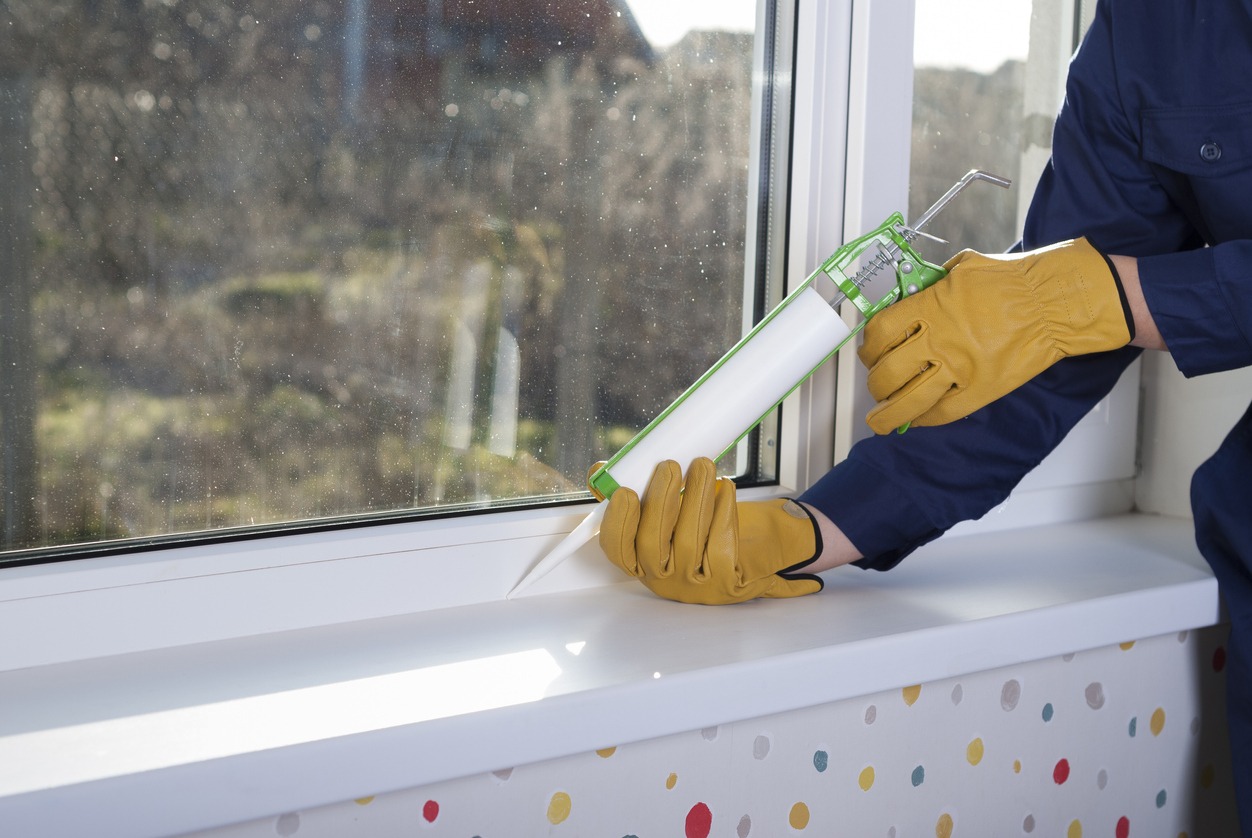What Is the Best Clay for Miniature Food?
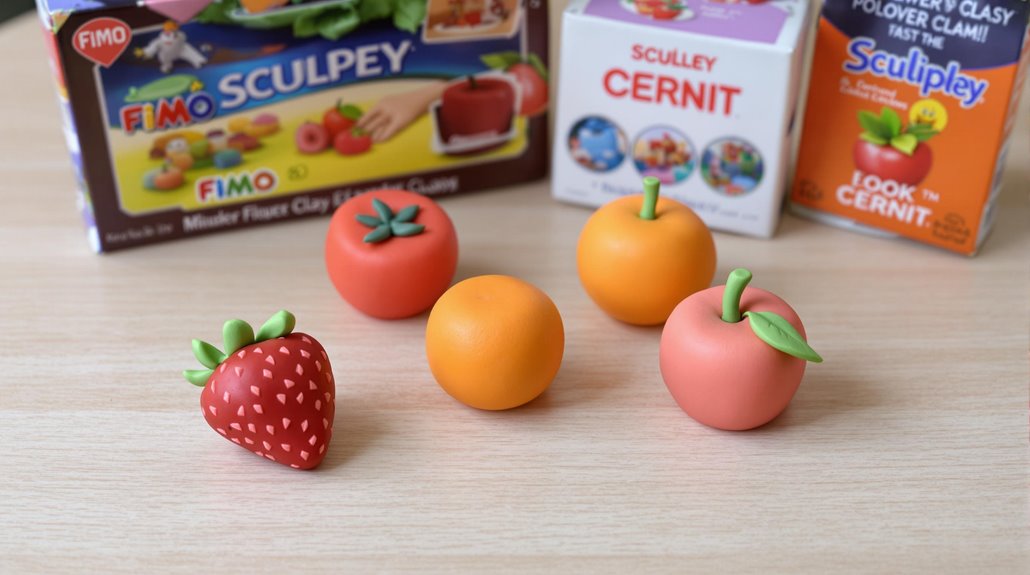
You'll find Sculpey Premo is your best choice for crafting miniature food due to its perfect balance of firmness and workability. It's excellent for detailed sculpting while remaining pliable enough to blend colors naturally. Fimo Professional and Kato Polyclay are strong alternatives, especially for intricate details like bread textures or tiny vegetables. Whether you're creating pastries or produce, your clay choice affects every aspect of your miniature food's realism and durability.
Understanding Different Clay Types for Food Miniatures
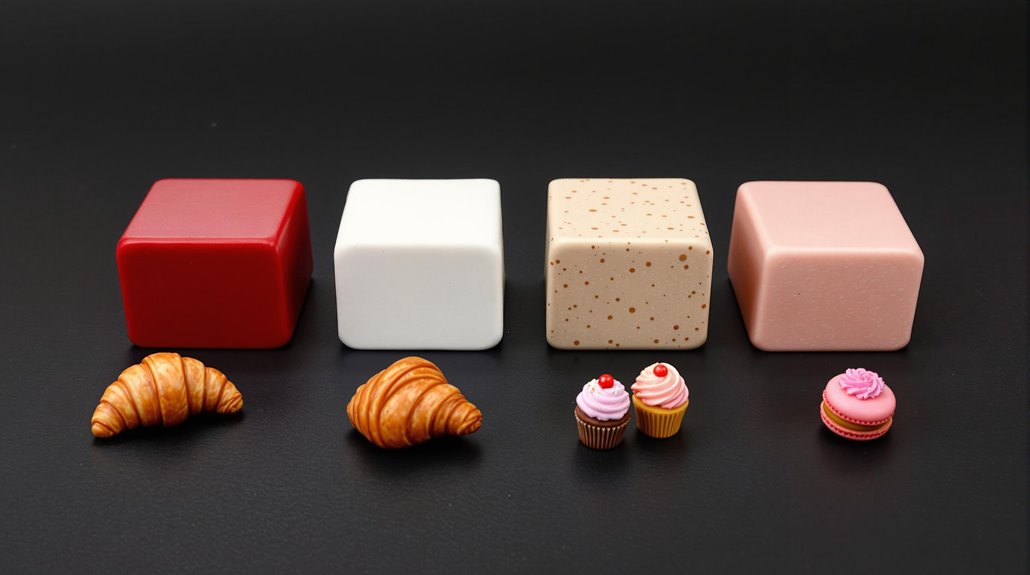
When creating miniature food sculptures, choosing the right polymer clay can make the difference between a realistic magnum opus and a disappointing result. You'll find that firm clay options like Sculpey Premo offer the ideal balance of tackiness and stability for miniature food modeling, allowing you to capture the finest details in your creations. Fimo Professional and Kato Polyclay stand out as excellent alternatives, providing the firmness needed for precise sculpting while maintaining their shape throughout the creative process. While Sculpey Souffle's softer texture might work for certain projects, it's less durable after baking.
You'll want to avoid Sculpey III for detailed miniatures, as its soft consistency can compromise your work's integrity. Understanding these clay characteristics will help you choose the right material for your specific miniature food project. For securing delicate clay pieces together during assembly, water-soluble PVA glue provides a clear, flexible bond that won't affect your miniature's appearance.
Top Polymer Clay Brands for Realistic Food Modeling
Among the numerous polymer clay brands available today, four stand out as exceptional choices for crafting realistic miniature food: Sculpey Premo, Fimo Professional, Kato Polyclay, and CosClay.
When you're making miniature food, Sculpey Premo offers excellent color blending and durability, making it perfect for creating detailed fruits and pastries. Fimo Professional provides superior firmness that's ideal for sculpting intricate details like bread textures and vegetable patterns.
You'll find Kato Polyclay particularly useful for its strength and ability to hold fine details, especially when crafting delicate items like cookies and candies. CosClay brings unique flexibility after baking, which prevents breakage in complex pieces. These firmer clays maintain sharp edges and small details better than softer varieties, ensuring your miniature food creations look as realistic as possible. For a professional finishing touch, consider applying enamel paint to add shine and durability to your miniature food creations.
Essential Properties of Miniature Food Clay
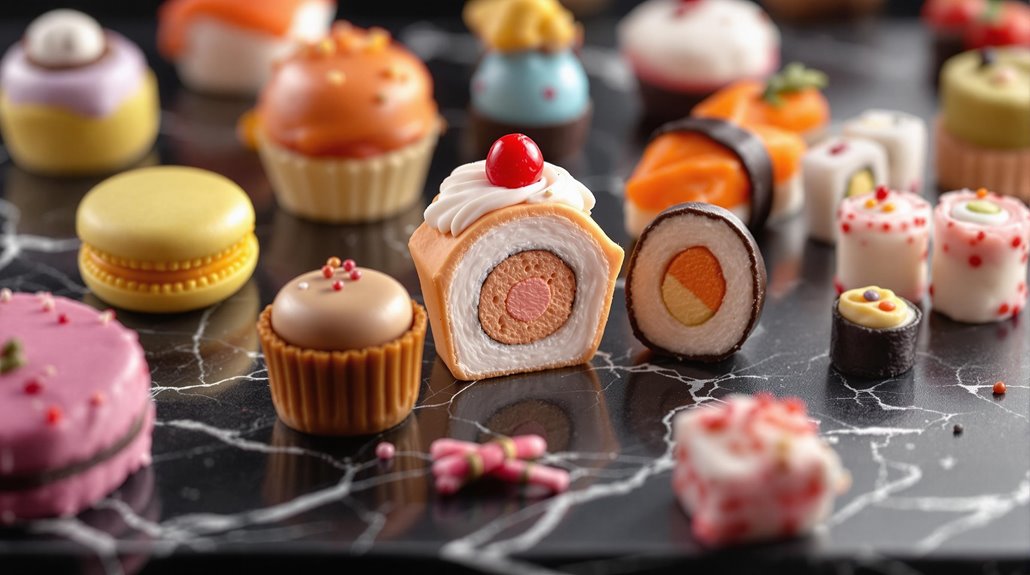
Selecting clay with the right properties makes all the difference in creating lifelike miniature food. You'll want to choose polymer clay that maintains its shape while allowing for fine details, which is why Sculpey Premo and Fimo Professional are top choices. These brands offer the perfect balance of firmness and pliability needed for intricate food modeling.
While soft clay like Sculpey III might seem appealing for its easy smoothing properties, it won't hold detailed shapes as well. When selecting your clay, look for brands that offer excellent color-mixing potential and translucent options to achieve realistic texture and food-like appearance. The clay should also condition easily and bake to a durable finish, ensuring your miniature creations can withstand handling without losing their carefully crafted details. For adding fine details or attaching separate pieces, cyanoacrylate adhesive provides a quick-setting bond that works well with most polymer clays.
Comparing Firmness and Workability Across Brands
Different polymer clay brands offer distinct firmness levels that significantly impact your miniature food-making experience. When making miniatures, you'll find that Sculpey Premo and Fimo Professional stand out for their ideal balance of firmness and workability. Kato Polyclay offers exceptional firmness right from the package, making it perfect for detailed work.
Sculpey Premo provides a slightly sticky texture that's easy to work with while maintaining enough firmness for precise details. Fimo Professional stays firm after reshaping, though it may show fingerprints more readily. Kato Polyclay requires minimal conditioning and holds shape exceptionally well.
Sculpey Souffle's soft consistency works for basic miniatures but may be too pliable for intricate details. Sculpey III is the softest option, better suited for larger projects than detailed miniature food.
Color Selection and Mixing Techniques
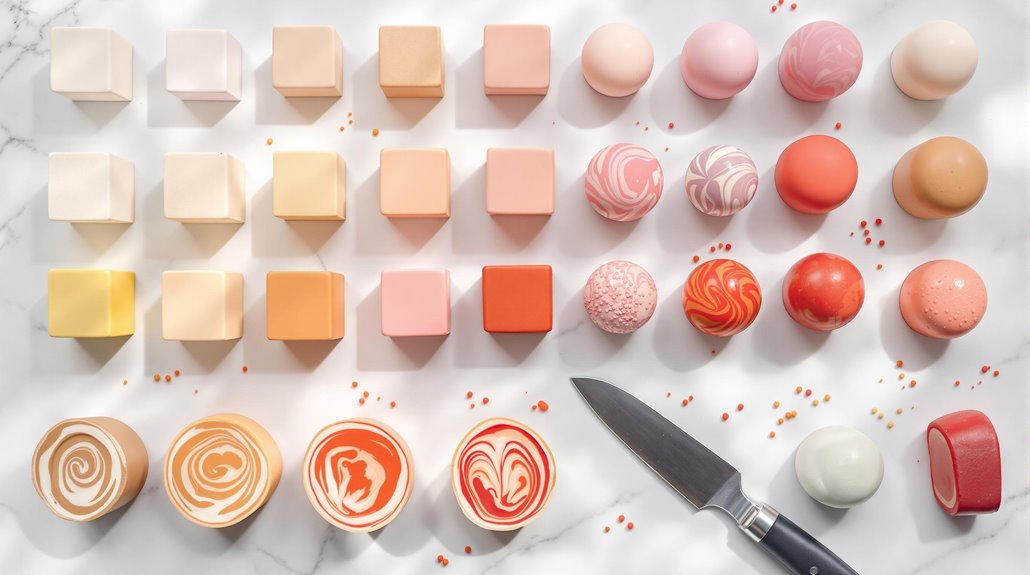
When creating lifelike miniature food, commanding color selection and mixing techniques becomes essential for achieving authentic results. You'll find that white and translucent polymer clay provide excellent base materials that you can easily color using chalk pastels or alcohol inks to match real food hues.
Focus your color selection on white, brown, green, red, and orange ranges, as these represent most natural food colors. For specialty items like party cakes or tropical drinks, you can opt for brighter, more lively shades. When you need stronger colors, work with translucent clay to achieve bolder, more opaque results.
Perfect your clay mixing skills by combining multiple colors and liquid clays to create realistic gradients and textures. This approach helps you capture the subtle variations found in actual food items.
Tools and Equipment for Clay Food Creation
The right tools make all the difference in creating realistic miniature clay food. When you're making polymer clay miniatures, you'll need specific tools and working surfaces to achieve professional results. Start with essential cutting tools like craft knives, razor blades, and shape cutters to create precise details. Your workspace should include a glass or ceramic surface for ideal clay manipulation.
- Acrylic rolling pin and glass chopping board for smooth, even surfaces
- Silicone shaping tools and ball tools for creating textures and curves
- Sharp blades and miniature cutters for precise details
- Chalk pastels for natural color effects
- Liquid clay products for creating realistic sauces and glazes
Remember that you don't need every tool at once - begin with the basics and expand your collection as your projects require specific tools.
Professional Artist Recommendations and Preferences
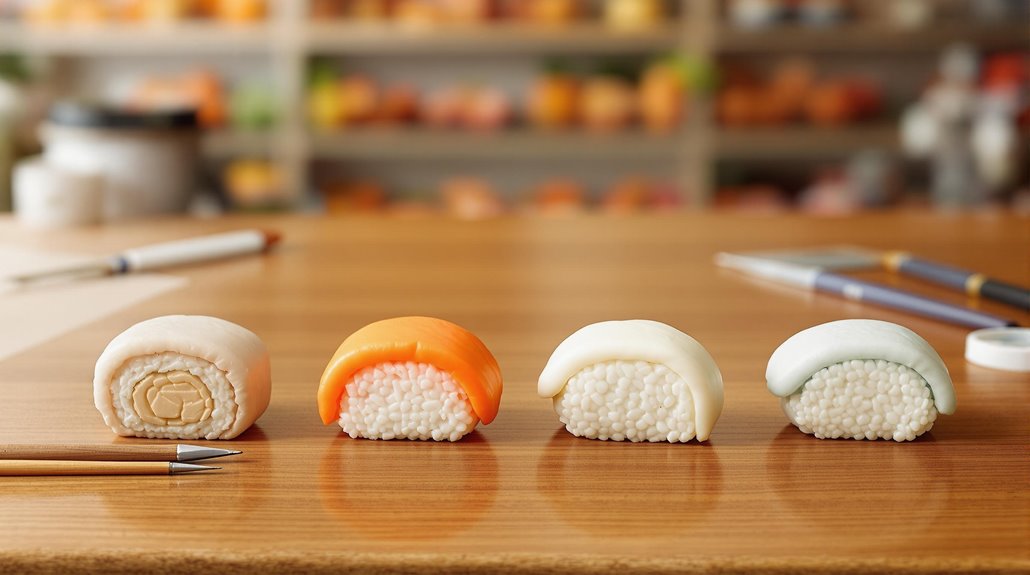
Leading miniature food artists have clear favorites when it comes to selecting clay for their creations. You'll find that Sculpey Premo and Fimo Professional are top choices among professionals like Heather Wells and Stephanie Kilgast, who value these clays for their firm texture and ability to hold intricate details.
While SugarCharmShop prefers Cernit clay for its softness and workability, other artists like Sweetsofmyown opt for Fimo Soft when creating realistic miniatures with a more pliable consistency, particularly for items like ice cream. For detailed pieces like miniature teacups, Wells specifically recommends Sculpey Premo and its translucent variant. To enhance your creations, you can use chalk pastels and alcohol inks to add color and detail to white or translucent polymer clays, giving you more versatility in your miniature food making.
Temperature and Climate Effects on Clay Performance
Climate and temperature play essential roles in how your polymer clay behaves during the creation process. If you're working in a warm climate or have warm hands, softer clay brands like Sculpey III might become too soft to work with effectively. You'll want clay that's firm enough to maintain detail in your miniature food creations.
- Cool your softer clay in the fridge for 10 minutes before use to achieve better consistency
- Test different brands to find the right clay for your specific climate conditions
- Consider higher quality options like Premo if you need firmer clay
- Pay attention to how the clay feels and conditions in your environment
- Remember that temperature affects both texture and final appearance of your miniature pieces
For detailed guidance on selecting the best polymer clay for your climate, check out "The Best Polymer Clay For Making Miniature Models."
Durability and Baking Considerations
Selecting durable clay that can withstand baking is critical for creating lasting miniature food pieces. When choosing the Best Polymer Clay, you'll find that Premo and Fimo Professional offer superior durability after baking. While Premo is soft enough to work with easily, it maintains its shape and develops an attractive sheen during the baking process.
If you're looking for the best Polymer Clay For Making detailed miniature foods, Kato Polyclay provides exceptional strength and durability after baking. Though Sculpey Soufflé may seem tempting due to its pliability, it's more fragile once baked. Avoid Sculpey III for miniature food projects, as it's difficult to work with and prone to melting during baking. For the most reliable results, stick with firmer clays that maintain their structural integrity throughout the creation and baking process.
Creative Applications and Display Methods
Once you've honed creating durable miniature food pieces, you'll uncover numerous ways to showcase your clay art. Your Polymer Clay Miniature work makes a stunning display whether you're decorating a dollhouse kitchen or creating wearable pieces that look like real food.
From shadowboxes with scrapbook paper backgrounds to online marketplaces, your creations deserve to be seen and appreciated.
- Alter your miniatures into unique jewelry pieces like pendant necklaces or charm bracelets
- Create a realistic dollhouse dining scene with tiny plates of food
- Display your work in a shadowbox frame with complementary backgrounds
- Share photos of your creations on social media to connect with other artists
- Sell your miniature food pieces at craft fairs or through online platforms

